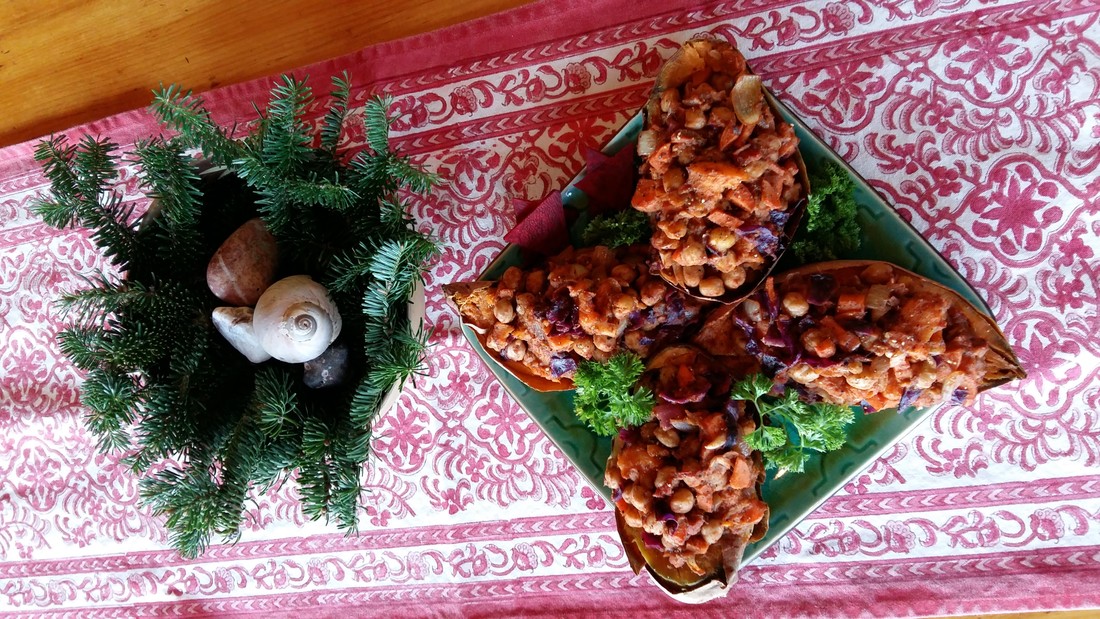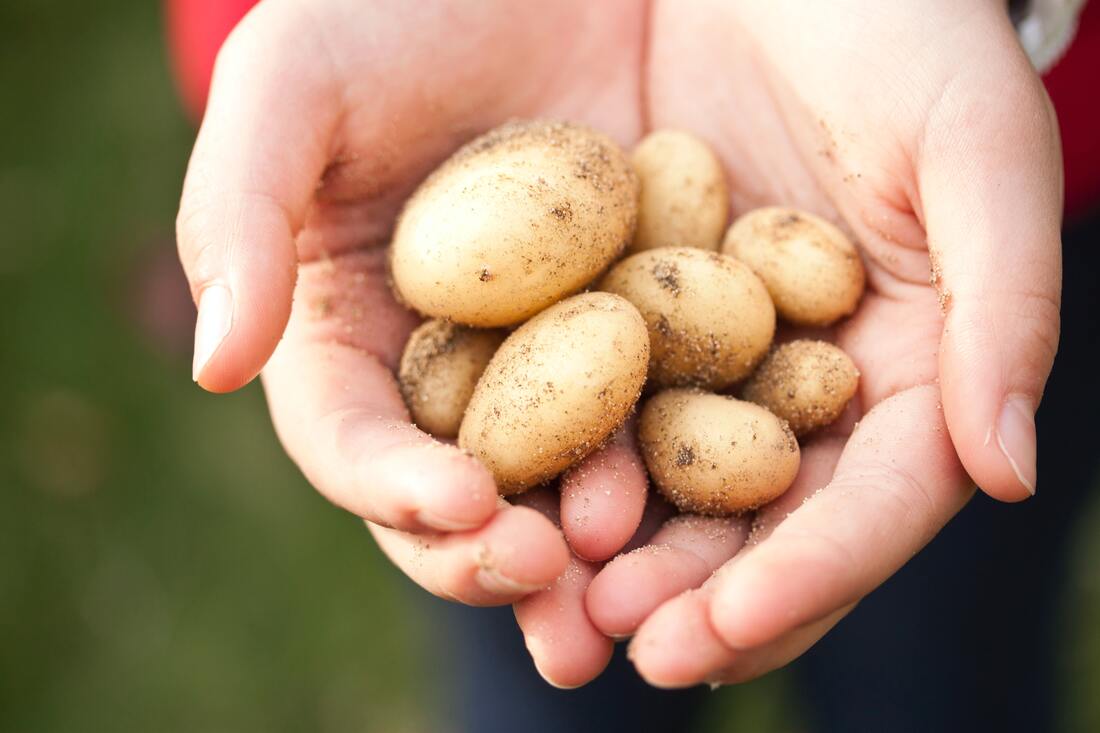I've opted for warming spices instead of the bulkier flannel option.... most days;)
I have upped my ginger intake ten fold, that might surprise some of you that know me and know I'm already a ginger monster! It's not only a lovely warming spice great for circulation but its active compounds; gingerols, assists with digestion and supports immunity, and during the holiday season, who doesn't need a little immunity boost.
So I thought this might be a nice time to revisit an earlier post on all my favorite warming spices, to warm up your spirit on this cold winter's night.
I'm also playing with warming spices in a few new dishes, one of them is just perfect for your next Holiday gathering, or an easy wind down meal after all the festivities and traditional food.
Doesn't Moroccan Inspired Stuffed Sweet Potatoes sound delicious right about now? This is a great Plant-based recipe to bring to any gathering and it doesn't take a whole lot of effort to make as the season is already busy enough.
If your getting a jump start on healthy routines for 2018, there are just a few spots left for Wednesday Hatha Yoga Flow, contact me if you would like to join this 12 week series of Yoga around the wood stove, what way to warm-up and chillout!
Happy Holiday & the Healthiest New Year to you and your families!
In Happiness,
Rebecca & the Wild Seed Family


